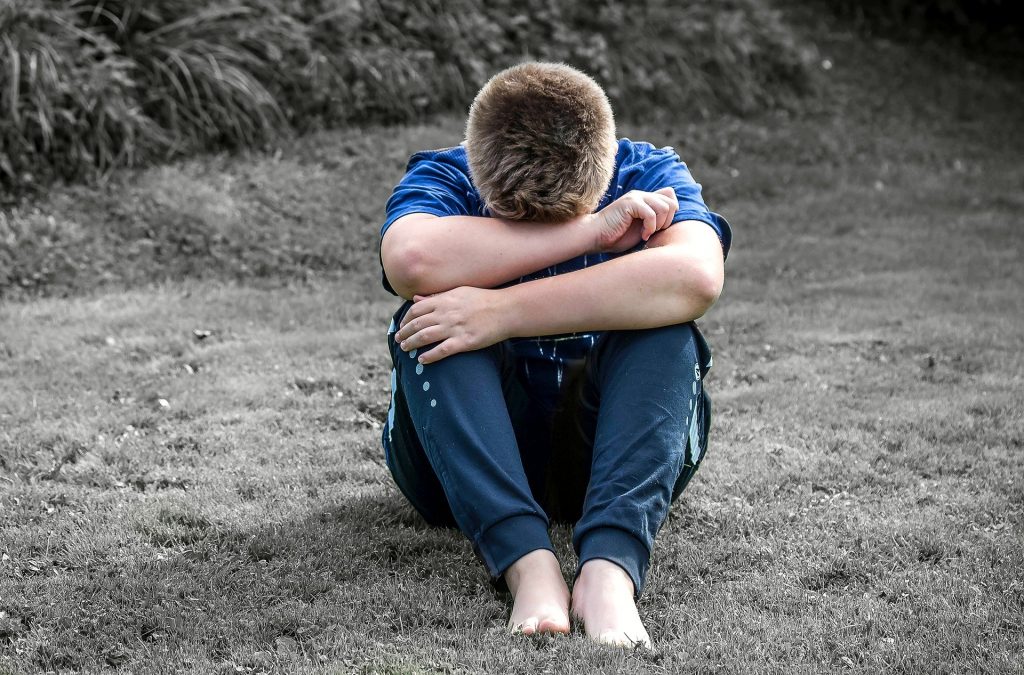Post by Hannah Byrne, Accredited Child and Adolescent Cognitive Behavioural Therapist. www.saplingcbt.co.uk
With some children returning to school parents are facing new pressures. Many have returned or changed their working practice and services are reopening as we start the transition to our new normal. During this period of adjustment and social re integration you may notice levels of anxiety and stress increase. You may also notice that the initial lockdown frustration of not being able to engage in enjoyable activities has been replaced with little motivation or desire to start back up. Why is this?
Many anxiety disorders expose themselves when we receive an environmental trigger. For example, social anxiety may be activated when entering a shop or giving a presentation, separation anxiety may become apparent when leaving for school or going to stay with a relative. Without these environmental trigger’s anxiety may appear temporarily reduced. Obsessive Compulsive Disorder (OCD) may be a constant challenge but with the lockdown there was more freedom and time to complete compulsions uninterrupted. With the emerging reality that we will need to resume our normal activities this underlying anxiety may start to increase. Another element of stress for adolescents is the fear of missing out (FOMO). In lockdown all social events were cancelled, appearance become less important and we enjoyed the freedom of many pyjama days. As social opportunities resume there will be a pressure to take up social invitations and resume the competitive grooming.
For some young people the reduction in social interaction and physical exercise may had promoted a cycle of inactivity and low mood. Time to ruminate, continuously thinking the same unhelpful thoughts can intensify depressive feelings. Sleep routine may have been lost and the thoughts of having to be up and ready in the morning may feel impossible. Low mood affects motivation and concentration, when you do find the energy to start a task it may be hard to focus reducing enjoyment confirming unhelpful thoughts that it can’t be done.
So, what can we do?
- Listen, if your child comes to you feeling distressed don’t be tempted to dismiss or problem solve. Allow them to talk freely often people will generate their own insight if given a safe space to express themselves.
- Structure the day with a loose timetable. Ensure this includes physical activity, self-care and time to connect with others
- Establish a good sleep routine of going to bed and waking up at the same time each day.
- Create a list of the activities they would like to do to resume doing. Break each activity down into small steps gradually increasing time and energy spent, for example start with a 10 min workout video and increase by 5 minutes a day.
- Track mood. Get into the habit of rating mood on a scale of 1-10. This can help identify moments of low and elevated mood. This enables you to schedule meaningful activities when its needed most.
- For those of working age if you are returning to work be honest with your employer about what you can do, if you need to reduce hours or continue some working from home let them know.
- Encourage all family members to write down worries and separate them into real and hypothetical. Real worries can be problem solved and hypothetical ones can be discussed and then let go.
- Test out fears a little at a time. If your child is worried about leaving you start by encouraging them to do some self-guided activity. Have them separate from you for a short period of time for example letting them undertake an activity whilst you take a 10 min walk around the block.
- Encourage social interaction, if you or your loved one has isolated themselves the idea of social interaction may be overwhelming. Have then reconnect this can be writing a letter, messaging or calling someone and then meeting face to face.
- Practice social skills. They may feel unsure what to say and worried it will be awkward, practice come conversation starters and have them think about what they would feel comfortable talking about in advance.
- Start school preparation now. We have all felt worried about a test or pressure and put off dealing with it until it is too late. If your child knows when they return, there will be tests or new subjects have them start to do some revision now whilst the pressure is off.
- Have rewards in place, have these pre agreed and make sure they are appropriate and achievable. They need to feel rewarding but not so big they are a bribe.
It is important to remember that lockdown has been a different experience for everyone. Many young people found themselves isolated and for some home was not a safe haven. There is concern that some services such as Child and Adolescent Mental Health and social care may receive an unmanageable volume of referrals. Looking at what your family needs are and taking action early will help ease the pressure on the system. The good news is there are many sources of national support such as Off the Record, Samaritans and Young Minds, alternately you can look at options for private services.
Above all show each other patience and compassion during this difficult time, this includes towards yourself.

